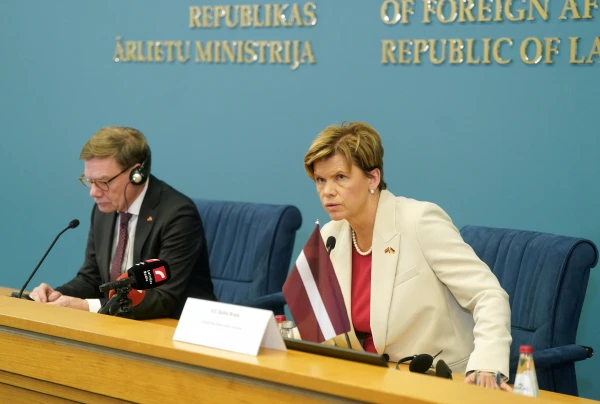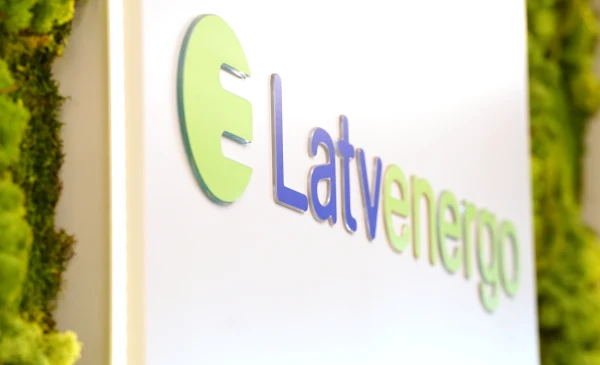
Latvia has found additional funds for defense in next year's budget mainly through increased national debt rather than through budget cuts, stated the Fiscal Discipline Council (FDC) in its assessment of the draft state budget for 2026 prepared by the Ministry of Finance and the medium-term budget framework for 2026-2028.
The FDC acknowledges that the budget draft complies with the budgetary conditions of both the European Union (EU) and national fiscal conditions, but has taken the easy route - increasing defense funding through rising debt.
In its report, the FDC urges the government to set more ambitious targets for reducing expenditures and to find a structural, sustainable solution for timely funding of defense expenses, so that it does not rely on increasing debt.
The Council notes that the budget draft has been prepared at a time when geopolitical tensions in the region continue to rise, and spending on national security and defense has become an absolute priority. In July 2025, the EU Council activated a provision of the Stability and Growth Pact allowing states, including Latvia, to temporarily deviate from fiscal discipline rules by increasing defense spending.
However, the FDC points out the growing burden of national debt and interest payments, which may limit budget flexibility and jeopardize future fiscal sustainability after 2029, especially if economic growth is slower than projected.
For this reason, the FDC believes it is necessary to find a structural and sustainable solution to the issue of funding defense expenditures as soon as possible, as otherwise it will be impossible to simultaneously ensure a reduction or maintenance of national debt at a sustainable level, uphold commitments to defense spending, and continue to support budget-funded sectors, including healthcare and education.
The FDC notes that Latvia's total national debt is projected to be 49% of gross domestic product (GDP) in 2025, and in the medium term, without additional measures and with the economy developing at the same pace, it will increase to 51% of GDP in 2026 and 55% of GDP in 2027 and 2028.
A significant increase in interest payments is projected, which will limit the fiscal space for funding other important initiatives for the country, emphasizes the FDC. Although Latvia currently complies with the debt threshold of 60% of GDP, the fiscal burden will grow and will require an increasingly stringent approach to reducing expenditures and increasing revenues through improved tax collection.













Leave a comment